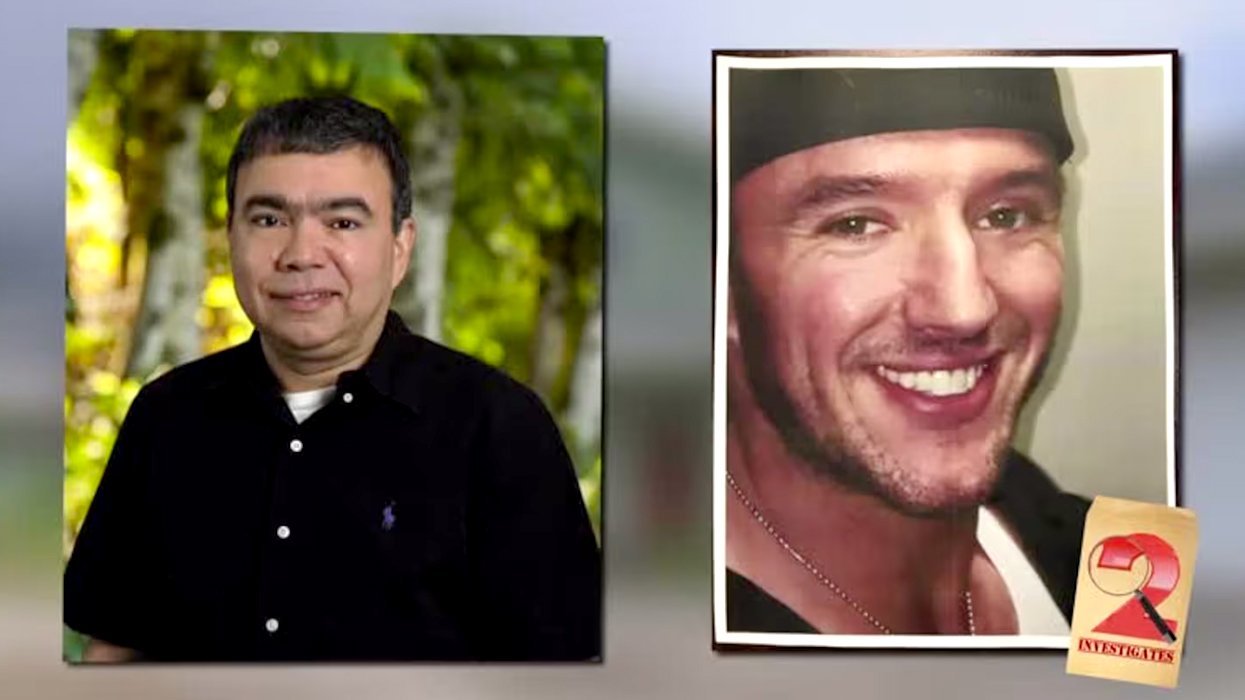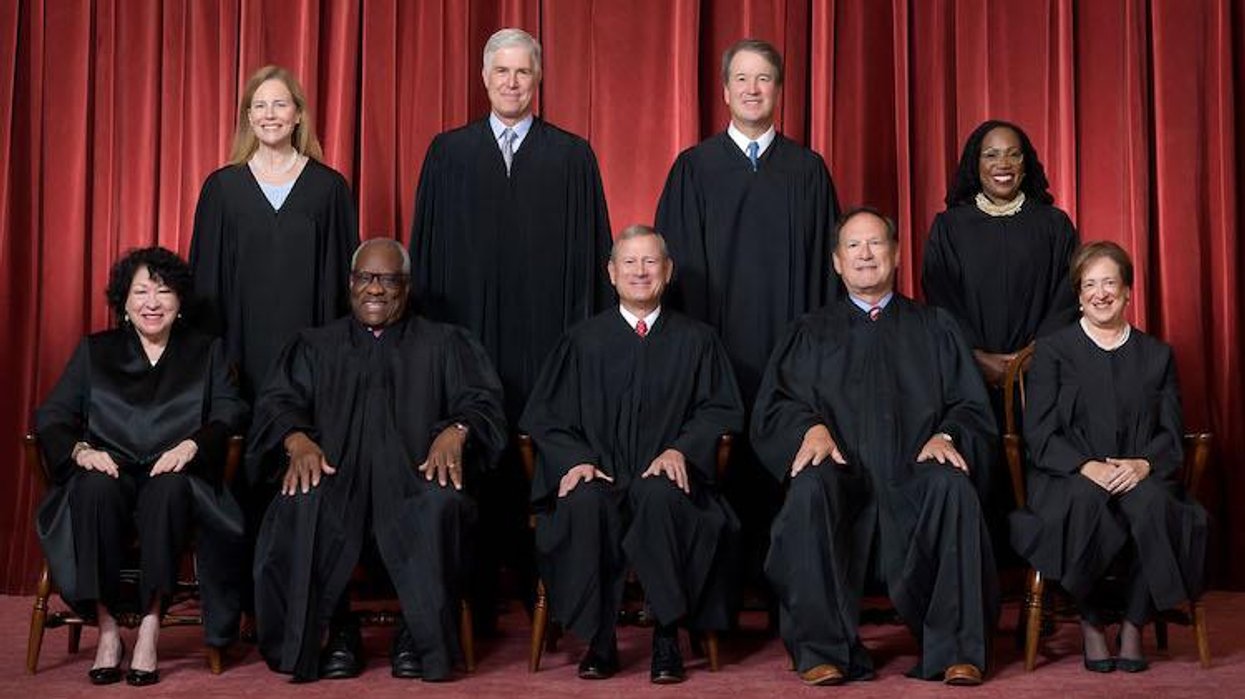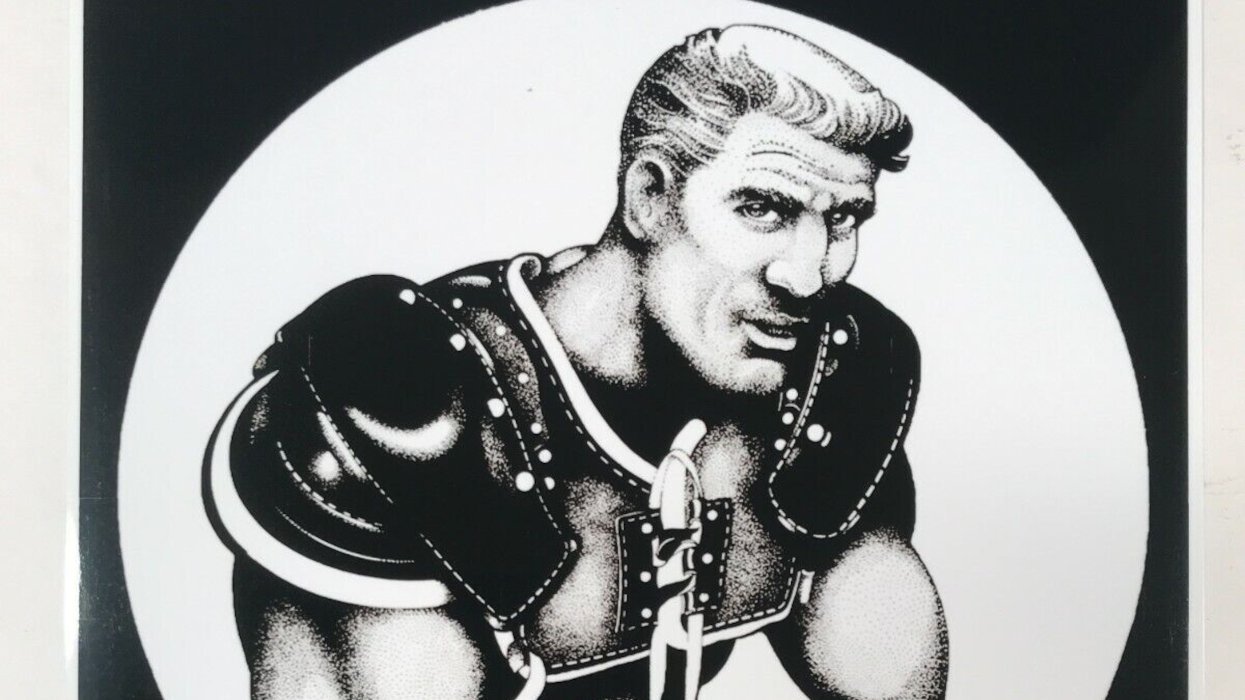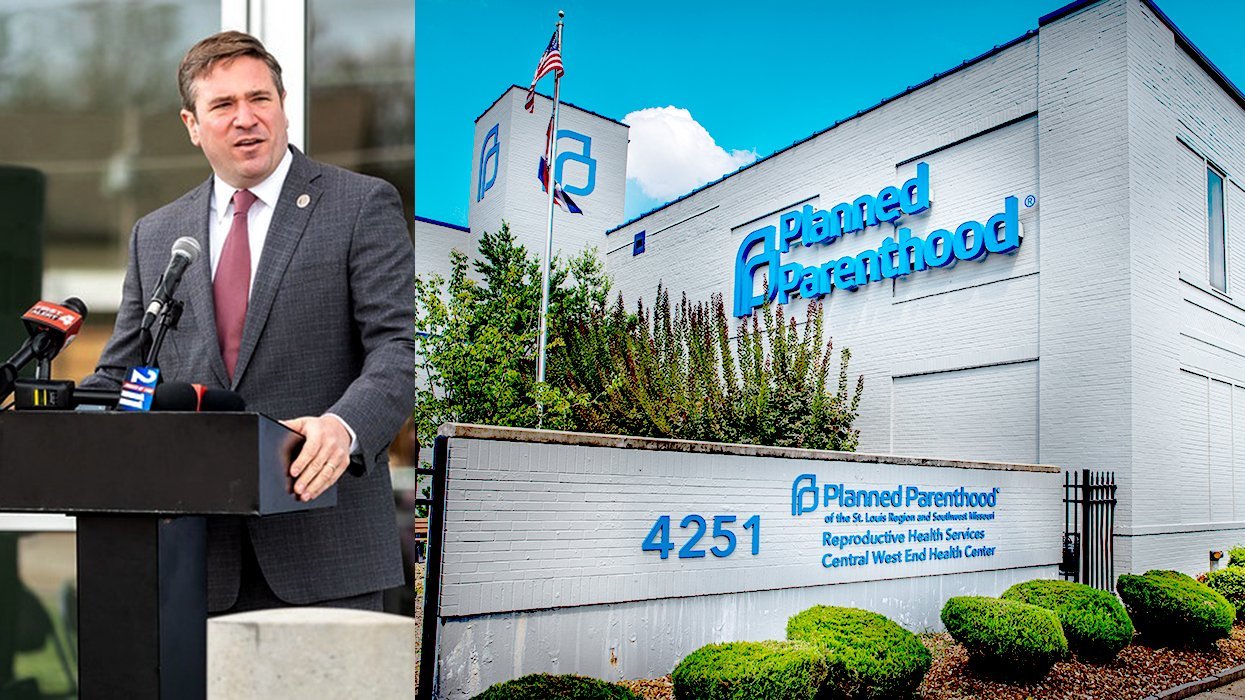Former Virginia
governor Jim Gilmore is running for president, taking on
the much better-known and richly financed Rudy Giuliani and
John McCain for the Republican nomination, even though
polls show that few voters outside Virginia have ever
heard of him. Ask Gilmore whether he is serious about
the presidency or just plowing ground for a statewide
comeback and you get an impatient stare, then a lecture
about a Republican Party hungry for his brand of
tax-cutting conservatism, and finally a reminder: It's
not the first time in his improbable career that the
establishment has underestimated this overachieving son of a
butcher.
''The race is
about the presidency,'' Gilmore said in a flat, deliberate
tone that underscored each word. ''The people I'm speaking
to know me very well. They've watched my history, my
career. They've known it for many, many years, and
let's talk about that.''
In just over four
years in the mid-1990s, Gilmore leapfrogged from being
an elected local prosecutor in the conservative Richmond
suburbs (where his father had been a supermarket meat
cutter) to state attorney general, then to governor.
He won overwhelmingly in the governor's race in
1997 on his vow to kill a hated property tax on personal
cars.
At each step, he
said in an Associated Press interview last week, his
unwavering anti-abortion, pro-gun, antitax resolve won him
new legions of fans--conservatives who vote in
Republican primaries. His following flourished
nationally, he said, as he chaired the Republican National
Committee, the Republican Governors Association, and a
respected national panel on terrorism.
Then came the
pitch he delivers over and over to all who will listen:
that he is the only faithful conservative in a Republican
field led by wafflers, infidels, and even liberals.
Gilmore on
McCain: ''He hasn't made his reputation as a conservative.
He made his reputation as a maverick.''
On Giuliani:
''He's for gun control, he's for gay marriage, he's
pro-choice.''
On former
Massachusetts Gov. Mitt Romney: ''He's been a very liberal
Northeast Republican.''
''The moment is
there for a candidacy such as mine--a mainstream
Reagan conservative,'' Gilmore said.
A year ago, there
was plenty of buzz nationally about Virginia
presidential prospects. Gilmore was not among them.
Former Gov. Mark
Warner, a Democrat, unexpectedly abandoned his
exploratory campaign in October, citing family concerns. A
month later, Republican Sen. George Allen fumbled away
a re-election that once seemed certain--and his
nascent presidential campaign with it--in a loss to
Reagan Republican-turned-Democrat Jim Webb, who had
never run for office.
With the
Republican Party in disarray after losing control of
Congress for the first time in 12 years, Gilmore
emerged in December from five obscure years out of
politics with news he would run for president, an
announcement that flabbergasted as many Virginia Republicans
as Democrats.
''It's pretty
far-fetched, but when you look at how many different
factions of presidential candidates are out there, I guess
he's as good as anyone,'' said Mike Woods, a Virginia
lobbyist and Republican adviser.
Many in the
conservative wing of Virginia's feuding Republican Party
revere Gilmore, 57, as a hero who promised tax cuts and
delivered them. ''He ran on a campaign to cut taxes,
and he kept his word despite all kinds of
harassment,'' said Paul Jost, a close Gilmore ally and
financial supporter and an ardent antitax crusader.
To some
Republican moderates like state senator Kenneth Stolle,
Gilmore is a rigid and unforgiving ideologue who, by
needlessly warring with senate Republicans, gave
Democrats a crucial foothold in the state elections of
2001, just one year after Republicans had captured every
statewide elected office or institution of government.
None of that
bothers M. Boyd Marcus, Gilmore's longtime confidant and a
consultant to his presidential race. Marcus said ''moderate
and liberal Republicans'' will divide their support
among Giuliani, McCain, and Romney. They're not
Gilmore's audience.
Gilmore's
audience, Marcus said, is the party's resolute right wing,
and it is why he spends so much of his time traveling
to address gatherings of socially conservative and
anti-tax groups. He is betting that if he can raise
''seed money'' to sustain his campaign most of this year, he
has a chance.
The last
little-known, out-of-office governor to find success in a
White House quest was Jimmy Carter, said Merle Black,
a political science professor at Emory University in
Atlanta. That was 31 years ago, before the age of
24-hour cable news and the Internet, when a candidate on
shoestring financing could spend years building support in
Iowa, New Hampshire, and other pivotal states
unnoticed by his rivals. (Bob Lewis, AP)



















































































